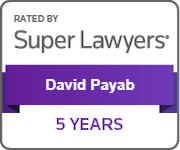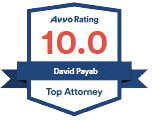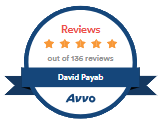
If you have worked overtime hours, you are entitled to the overtime premium for those extra hours.
To determine the overtime premium, you must calculate your regular rate of pay. This includes all compensation you receive for your employment, such as wages, commissions, performance-based bonuses and prizes, and shift differentials.
Your regular rate of pay does not include money or items you receive that aren’t intended as part of your compensation, such as expense reimbursements, gifts from your employer (such as a holiday bonus), or the value of employee perks, such as a parking space.
Eight hours of labor constitutes a day’s work, and employment beyond eight hours in any workday or more than six days in any workweek is permissible provided the employee is compensated for the overtime at not less than:
– 1.5 times the employee’s regular rate of pay for all hours worked in excess of eight hours up to and including 12 hours in any workday, and for the first eight hours worked on the seventh consecutive day of work in a workweek; and
– 2 times the employee’s regular rate of pay for all hours worked in excess of 12 hours in any workday and for all hours worked in excess of eight on the seventh consecutive day of work in a workweek.
David Payab, Esq. from The Law Offices of Payab & Associates can be reached @ (818) 918-5522 or by visiting http://payablaw.com/

































